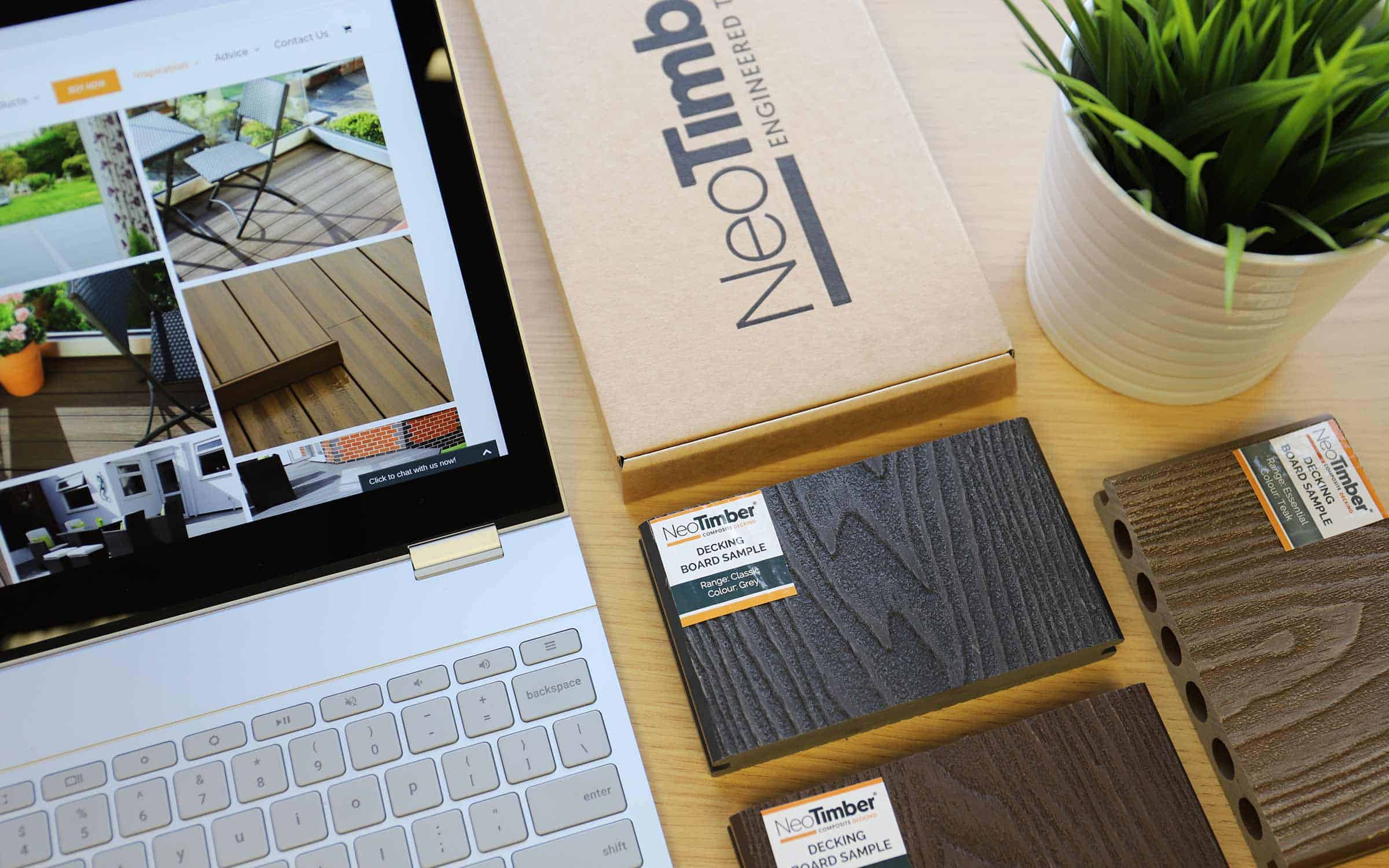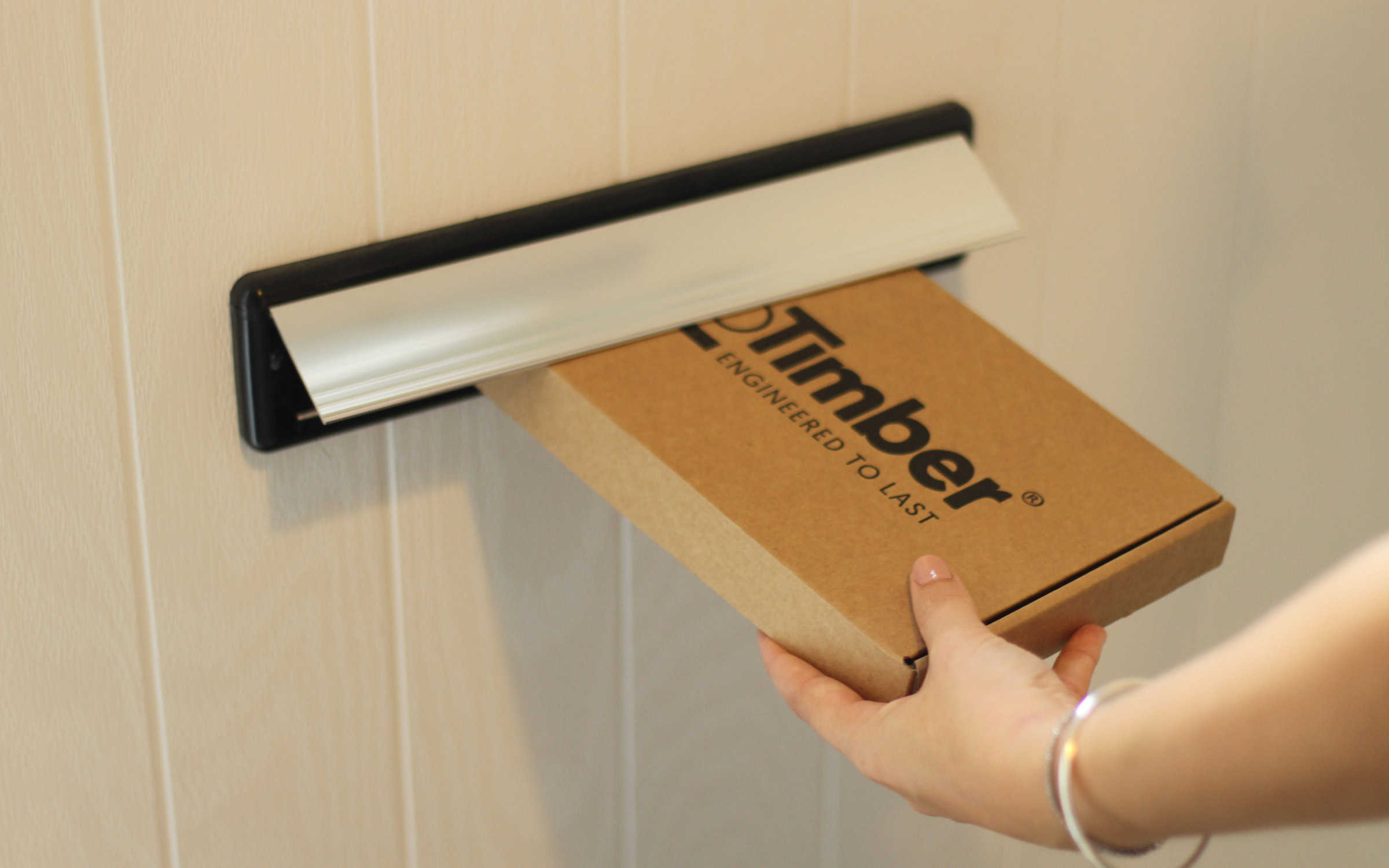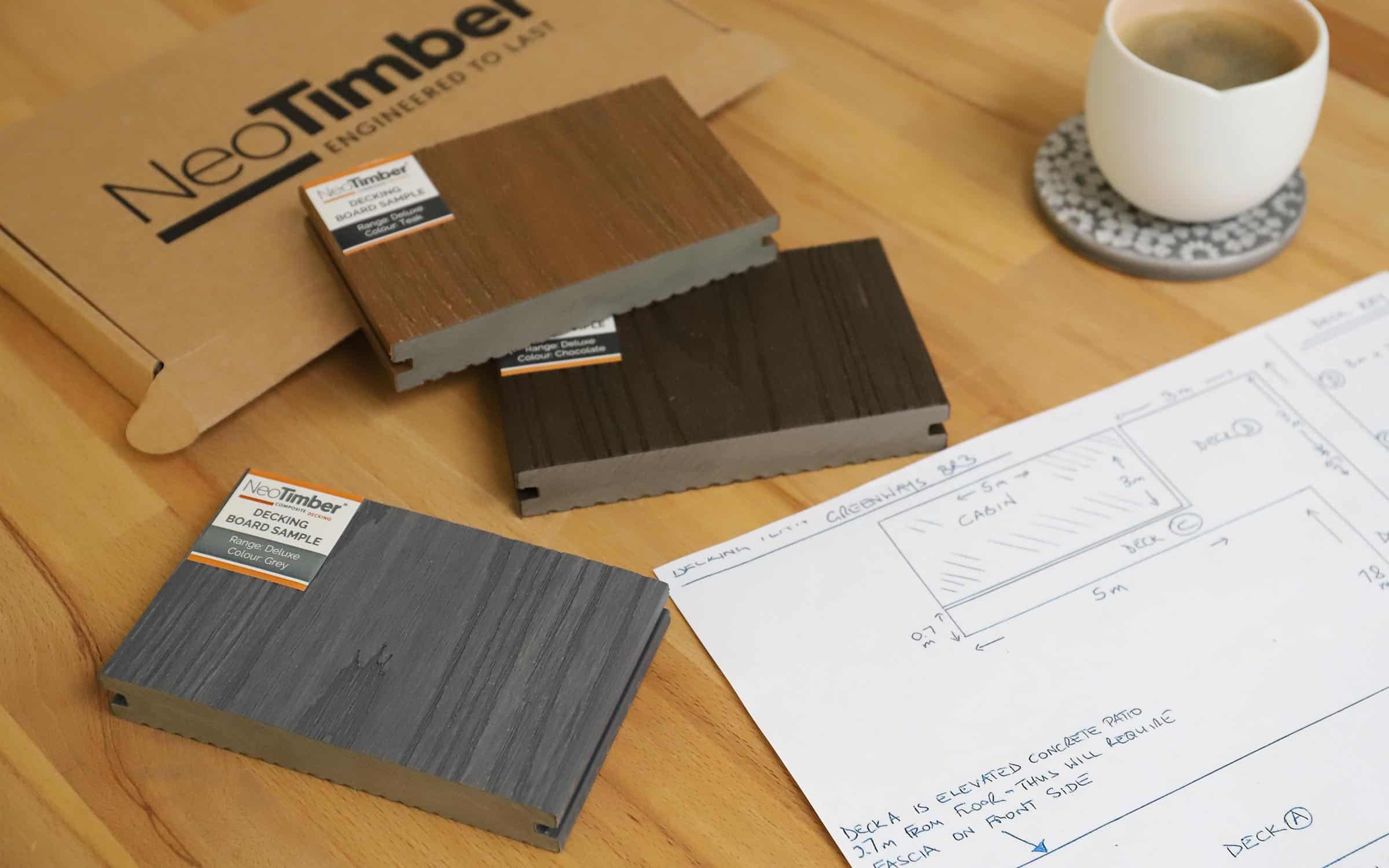A common concern regarding decking is that it attracts rats. So, what’s the truth? What do we need to know, and does decking really attract rats?
Rats! Probably the cutest pests to set foot on UK soil, these little critters have become a torment for homeowners in all types of areas. Whether you’re city-bound or live in the countryside, rats are known to invade gardens, scavenge through our bins, and make their homes in the worst places possible. So, you’d be rational for wondering if your garden’s composite decking would be the ideal place for a colony of rats to build their nest.
Rest assured, rats flocking to decking is an urban myth that began with outdoor decking’s popularity surge. Though all of our gardens certainly run the risk of enticing pests, there are very simple ways to try and avoid infestation. Today, NeoTimber® talks you through how to keep your garden free from rats and invasive pests.

What Attracts Rats To Your Garden?
Dropped Food & Poor Garden Maintenance
As the slippery little scavengers that they are, rats are always attracted to areas that are rich with food, water, and shelter. While poor installation and neglected decking maintenance run a higher risk of causing infestations, there are other factors that are directly in your control. The first preventative measure that we recommend is food vigilance. Outdoor meals are great, but with snacking outside comes crumbs. And with crumbs comes… You guessed it. Rats.
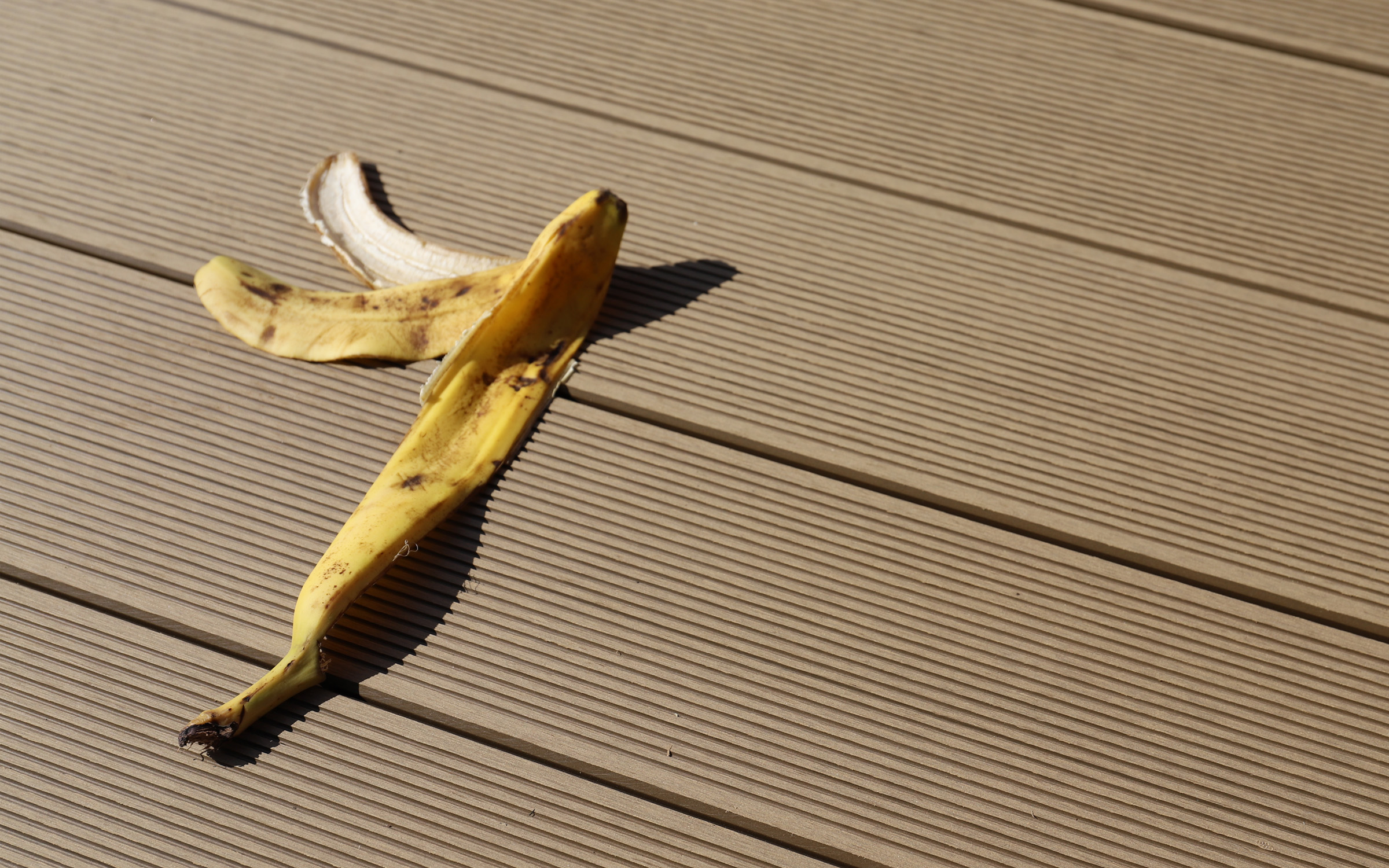
But hold on, don’t fall into the trap of thinking human food is the only thing rats will have their eyes peeled for. If you have bird feeders, for instance, you have to make sure seeds aren’t just left to collect in the garden. We suggest popping out at the end of the day and sweeping up any discarded seeds and seed husks. Or, why not try putting out a bird table for our feathered friends to pick from? That way you don’t have to fret too much about dropped treats tempting your local rat populace.
Compost Bins
Adding food and vegetable waste to a compost bin is a great sustainable way to fertilise your garden. Unfortunately, compost bins with easy access can attract unwanted attention. While we would never discourage people from being environmentally conscious, keep any compost bins away from your decking. Rats like to hide, and actively avoid open spaces. Leave an open space around your compost bin to try and limit any easy access. Placing your compost bin on top of pebbles is another effective deterrent, as it prevents any pests from burrowing underneath and into the bin through soft soil.
What Can You Do to Prevent Rats From Invading Your Garden?
To prevent rats from entering your garden, it’s really a simple matter of making your garden as hostile as possible to vermin. That doesn’t mean, however, that you have to get a cat or resort to using lethal – and quite frankly inhumane – rat poison (something we would never recommend). There are plenty of harmless alternatives that will keep these uninvited guests away.
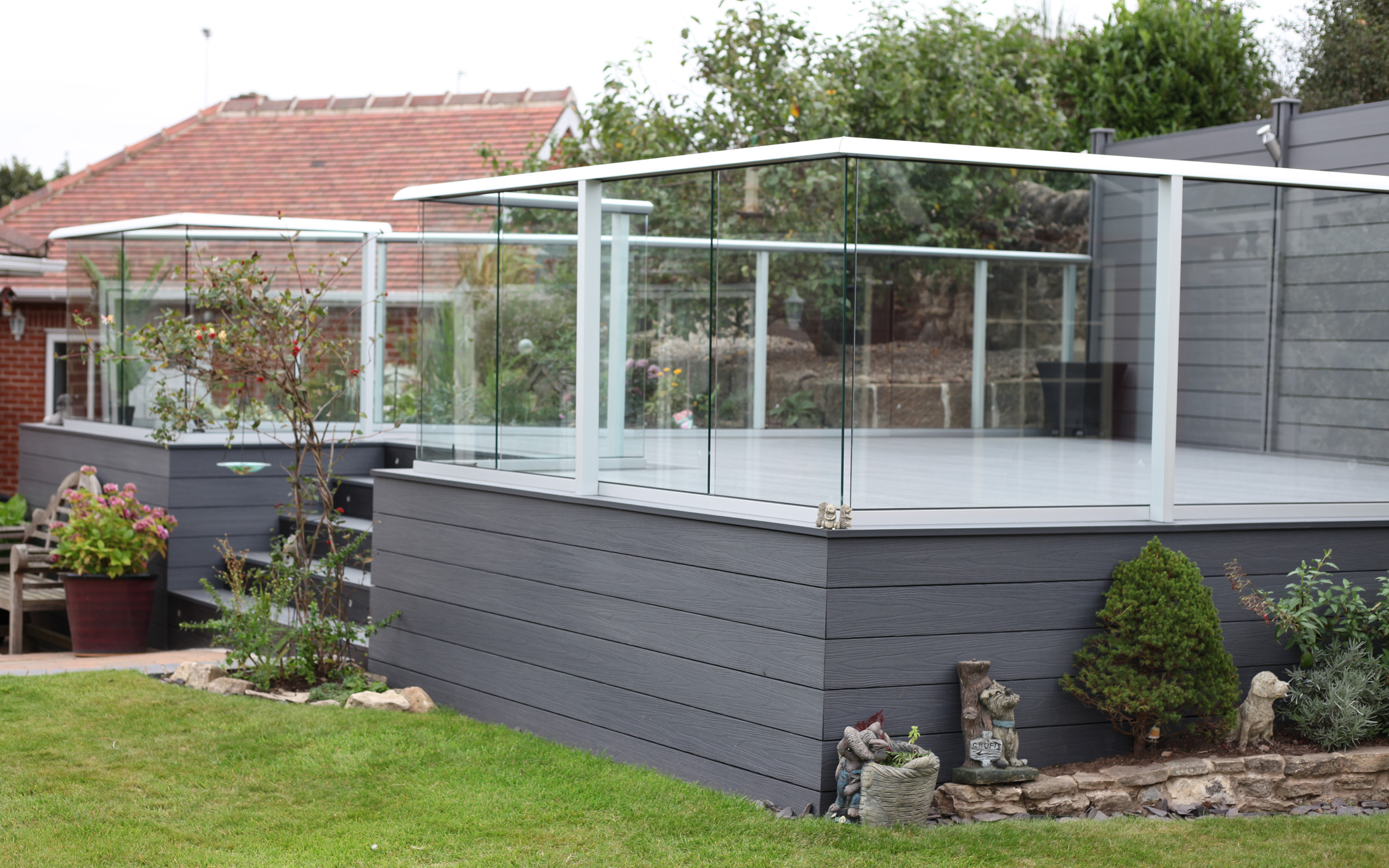
Sealed Decking & Fencing
A common concern is that raised decking on sloping gardens can provide a substantial, warm shelter for pests. Thankfully, something as simple as sealing your composite is a fantastic way of preventing pests from burrowing underneath your decking. Using chicken wire or mesh in tandem with our edging can help block access for rodents. Similarly, fencing off your garden is an effective tool for keeping your garden rat free. Having a consistent, sealed boundary around your garden helps to stop rats in their tracks. It’ll be impossible for them to burrow and nest underneath hidden gaps, transforming your garden into an impenetrable fortress that isn’t worth a rat’s time.
Creative Gardening
If you want to avoid pests, it is important to keep your garden well looked after. Rats feel most at home hiding in unkempt overgrowth, including overgrown grass and hedgerows. Mowing your lawn and trimming hedges regularly will do a great deal to discourage pests. Rats avoid particularly pungent smells, so growing plants and vegetables with prominent natural odours such as garlic, lavender or mint may also be an effective natural deterrent for rodents. Consider edging the borders of your deck and wider garden space with some of these odorous plants. Better to be safe than sorry.
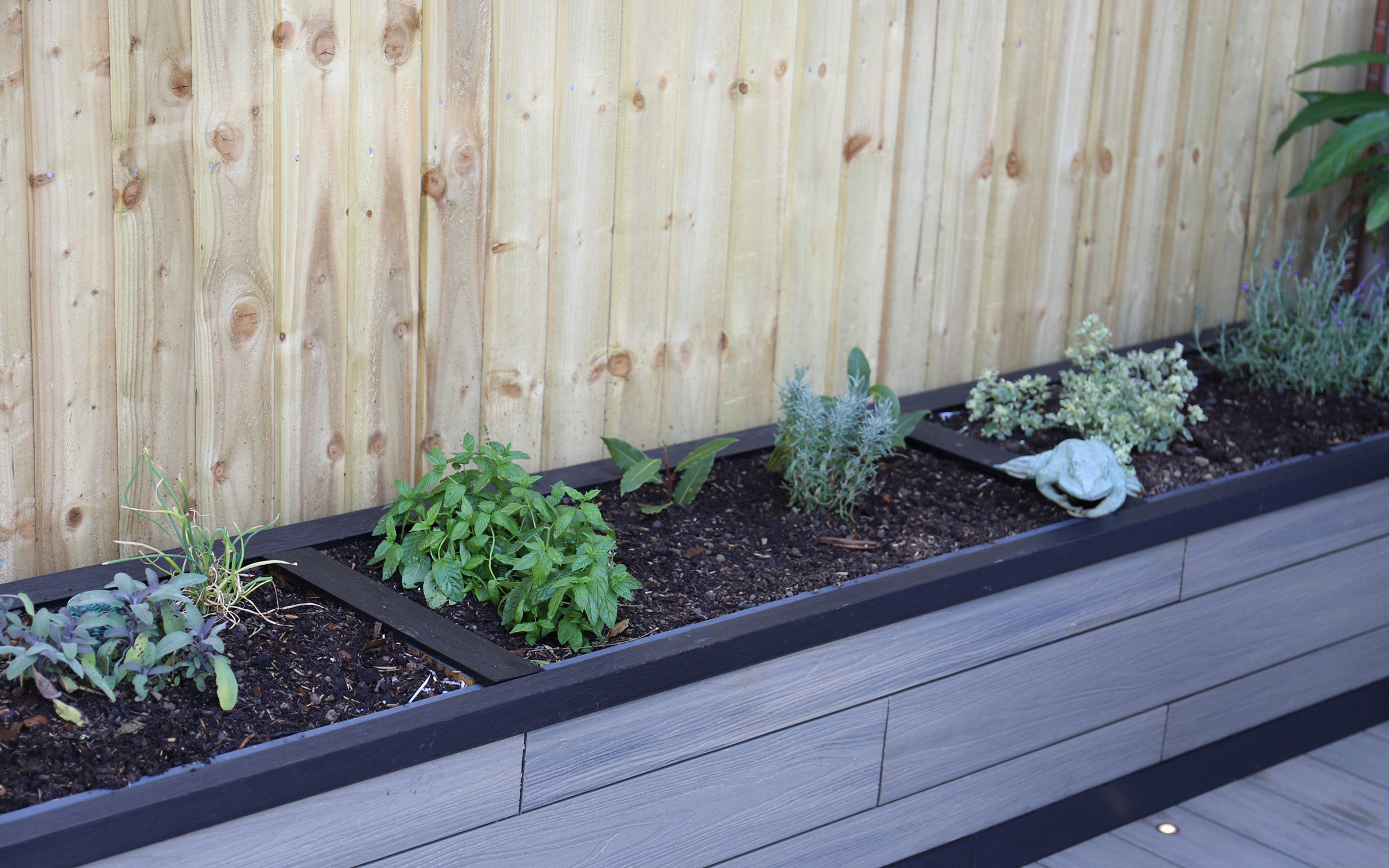

Reactive Measures
In the event of a pest infestation, there are many pest control options available. Remove any decking lighting; rats are known to chew through wires, which could ultimately cause a fire hazard. Though most of our composite decking has a class C fire rating, the last thing you want to do is test that rating yourself. Thankfully, there are plenty of humane solutions on the market – such as non-lethal rat traps – that allow you to reclaim your garden without harming your unwelcome visitors.
Need Further Support or Advice?
If you’ve still got questions that have not been answered here, or you would like additional advice,
support or assistance then please give one of our friendly experts a call and we’ll be happy to help.
Just give us a call on 01530 382 180.

